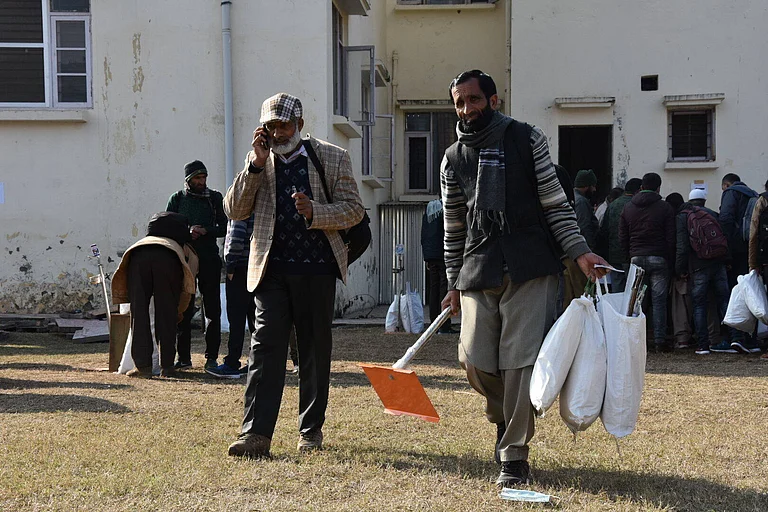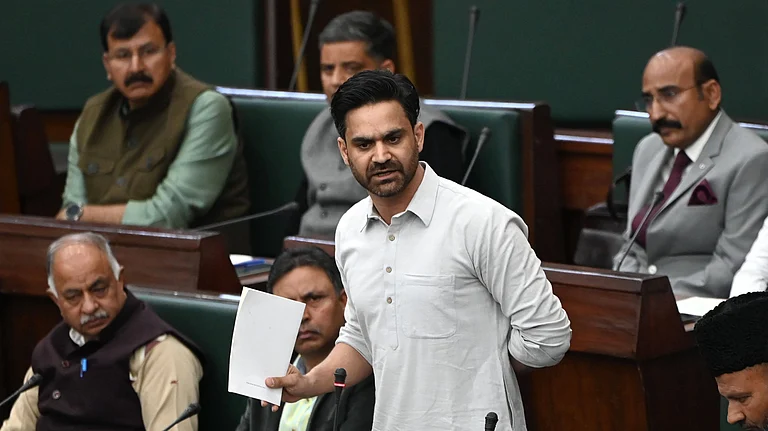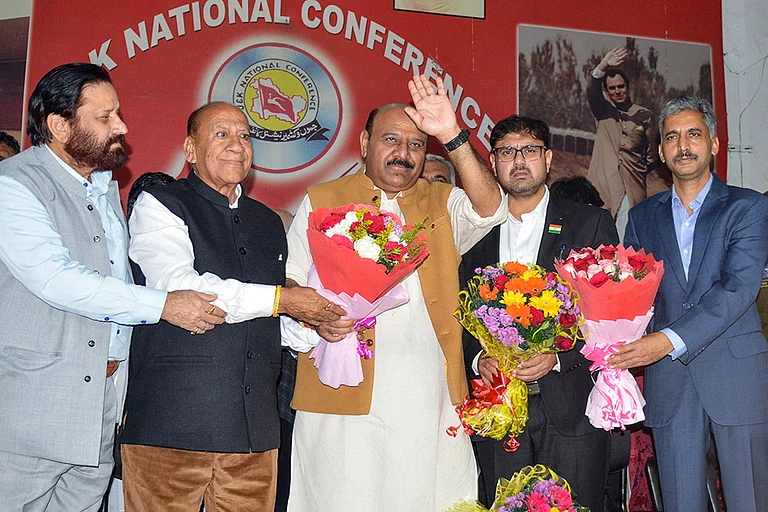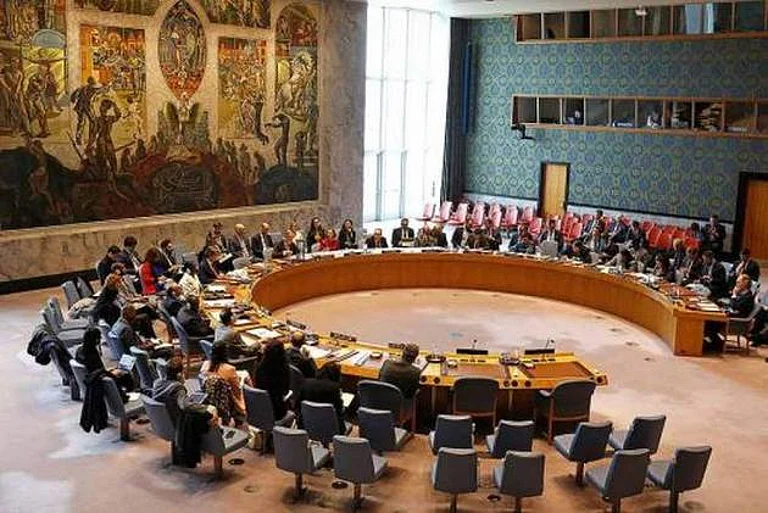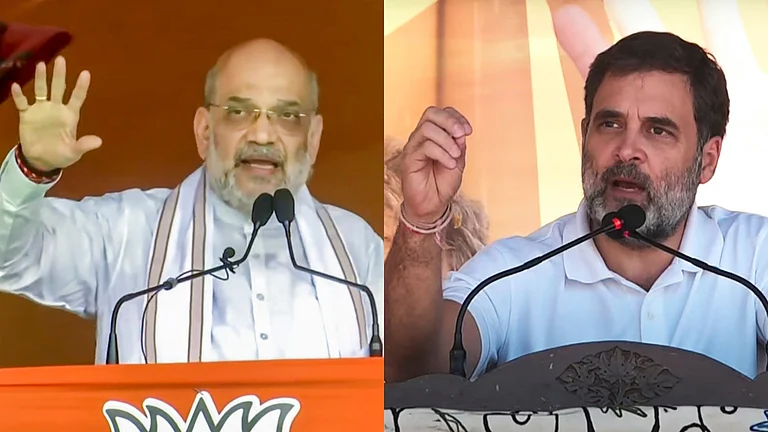Ahead of the key assembly elections, key developments unfold in Haryana and Jammu & Kashmir. In Haryana, the Election Commission tightens oversight, while Congress MP Kumari Selja dismisses rumors of dissatisfaction, reaffirming party loyalty. Home Minister Amit Shah accuses Congress of disrespecting Dalit leaders and positions BJP as the defender of reservations. In Jammu & Kashmir, the first assembly elections since Article 370's abrogation see West Pakistan Refugees voting for the first time and Jamaat-e-Islami-backed candidates returning to the political stage, marking a crucial moment for both regions.
Here are the latest updates as election processes continue across both states.
WPRs To Vote In J&K Assembly Elections For The First Time Since Article 370 Abrogation
Following the abrogation of Jammu and Kashmir's special status under Article 370 in August 2019, thousands of West Pakistan Refugees (WPRs), mostly Hindus who migrated from Pakistan during the 1947 partition, are set to vote in assembly elections for the first time. Previously, WPRs only participated in parliamentary elections as they lacked state subject status.
Now settled primarily in Jammu, over 20,000 WPR families have been granted domicile certificates and financial assistance of ₹5 lakh per family. They first exercised voting rights in the 2020 district development council (DDC) elections. To celebrate this milestone, the WPR community plans traditional festivities.
Additionally, two assembly seats have been reserved for WPRs, with members nominated by the Centre. The Valmiki community, brought to J&K in 1975, has also been granted permanent resident status, allowing them to change occupations and access more rights, such as buying land and contesting elections.
These assembly elections are the first in Jammu and Kashmir in a decade. Voting began on September 18, with further phases on September 25 and October 1, and counting on October 8.
Jamaat-Backed Candidate Farooq Ganaie Focuses On Local Issues In J&K Polls
Farooq Ahmad Ganaie, an Independent candidate backed by a faction of Jamaat-e-Islami, is running in the Beerwah constituency for the upcoming Jammu and Kashmir Assembly elections. Despite his affiliation with Jamaat, which is contesting elections for the first time in decades, Ganaie focuses his campaign on local issues like women’s empowerment, unemployment, and drug addiction, avoiding larger political topics like Article 370 and the Kashmir dispute, as reported by Indian Express. He emphasizes that only Jamaat's leadership can address such broader issues.
Ganaie’s low-key campaign includes door-to-door visits and indoor meetings rather than large rallies. He faces tough competition in Beerwah from former chief minister Omar Abdullah’s National Conference and other contenders, including jailed separatist leader Sarjan Barkati and Nazir Ahmad Khan from Engineer Rashid's Awami Ittehad Party.
Jamaat, which was banned in 2019 under the Unlawful Activities Prevention Act (UAPA), has struggled to regain its network, as evident from Ganaie’s modest campaign turnouts. Despite internal divisions, Ganaie insists that all decisions are made with the backing of Jamaat's executive council. His run for office marks a significant shift for Jamaat, which had historically boycotted elections, but now sees hope in participating in the system to advocate for change.
ECI Enhances Poll Oversight In Haryana With Tight Surveillance And Inclusive Voter Facilities

An Election Commission of India (ECI) team, including Deputy Election Commissioner Hridesh Kumar, held a meeting on Monday with administrative and police officers from 11 districts in poll-bound Haryana to monitor the implementation of its directives. The team discussed key issues such as electoral roll marking, preparation of Absentee, Shifted, Duplicate or Dead (ASD) lists, voter slip distribution, and printing of pending Electoral Photo Identity Cards (EPICs), which are to be distributed by September 30.
District officials were tasked with inspecting polling stations for essential facilities and setting up Voter Facilitation Booths. The team emphasized the need for webcasting at all polling stations using high-resolution cameras for better surveillance and discussed the setup of model polling booths, including ‘Pink Booths’ and those managed by youth or persons with disabilities.
Kumar also stressed enhanced border surveillance in coordination with neighboring states and urged the inspection of Flying Squad and Static Surveillance Teams. Provisions for PwD and elderly voters will be made under the supervision of returning officers with videography.
Kumari Selja Dismisses Rumors Of Discontent, Reaffirms Loyalty To Congress
Congress MP Kumari Selja dismissed rumors of her absence from the Haryana election campaign due to dissatisfaction over not being allowed to contest, affirming her loyalty to the party. "There should never be any doubts", she told NDTV. Selja, who won the Sirsa Lok Sabha seat earlier this year, clarified she will start campaigning soon, emphasizing her role as a "loyal worker, good soldier" of the party.
While acknowledging "serious issues" within the party, she refrained from giving details but assured that Congress leadership is addressing them. She expressed her earlier desire to contest the Haryana assembly elections, stating it would have sent a "strong message" and benefited Congress, but accepted the party's decision.
Rumors of a fallout between her and Congress over the refusal were fueled by BJP's claims of disrespect towards her. However, Selja laughed off such claims, inviting the BJP to address their internal issues first. She also dismissed speculation about switching parties, with Congress' Brijendra Singh calling BJP's statements a "shop of lies."
In a conversation with PTI, she also stated, "Maybe the BJP is more worried".
Amit Shah Accuses Congress of Anti-Dalit Stance
At a rally in Tohana, Home Minister Amit Shah criticized Congress as an "anti-Dalit" party, accusing it of disrespecting leaders like Kumari Selja and Ashok Tanwar. He also attacked Rahul Gandhi for his remarks on reservations, asserting that only PM Narendra Modi can safeguard SC and OBC quotas. Shah referenced past incidents under Congress rule, such as the Gohana (2005) and Mirchpur (2010) incidents, where Dalit homes were torched, blaming Congress for these events.
In an attempt to appeal Dalit voters, Shah highlighted that Dr. B.R. Ambedkar was honored with Bharat Ratna only after Congress lost power. He went on to contrast BJP’s "transparent" approach to government jobs with Congress's history of "‘kharchi’ (corruption) or ‘parchi’ (favouritism)." Shah’s speech aimed to secure Dalit support, a key voter base in Haryana, constituting over 20% of the population.







